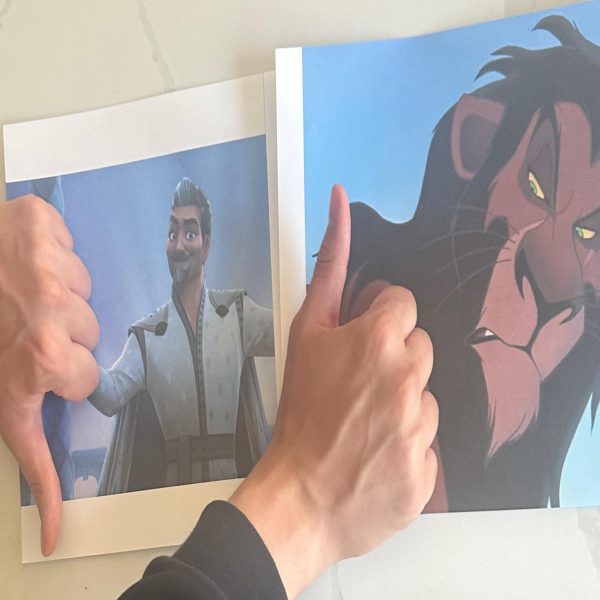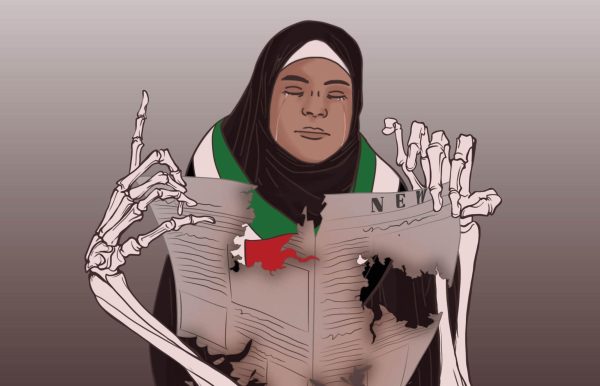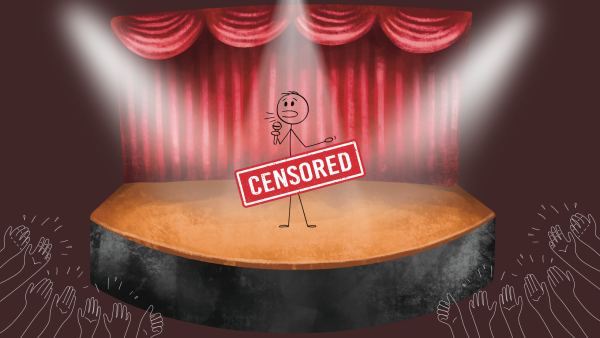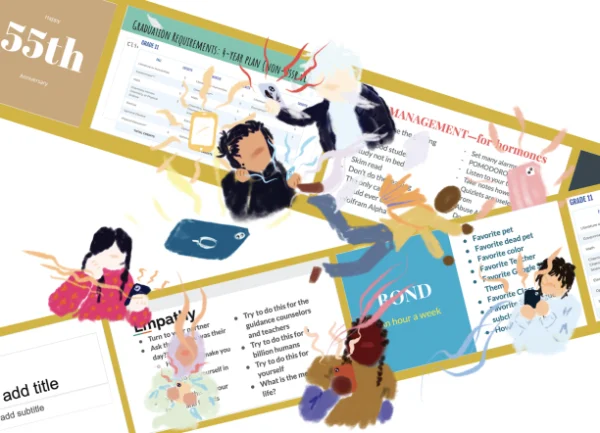Column: Kirk Ferentz shouldn’t be the future of Iowa
A rundown of the scandal surrounding Iowa Football and what it tells us about the program
Jack Harris ’22 gives his thoughts on the Iowa Football program.
If the University of Iowa fired Kirk Ferentz tomorrow, he would be owed $48 million. That’s thanks to the terms of his new contract, which guarantees his place as the highest-paid state employee until 2029. Why does this matter? Iowa is coming off a 10 win season, so combined with the extension, Ferentz’s position should be more secure than ever. However, the future of the Iowa program may be at a crossroads, in terms of its culture, practices and makeup. Former Iowa player David Porter (1999-02) has even called for the coach and his entire staff to resign.
41% of Black male student-athletes graduate from Iowa, compared with 77% of all athletes.
While such a move seems unlikely at this moment, a pending discrimination lawsuit filed by 13 former Iowa players threatens to destabilize everything. The lawsuit is currently composed of two charges. The first accuses the university of fostering a “racially hostile environment.” The second claims that coaches, including offensive coordinator Brian Ferentz and former strength coach Chris Doyle, used “racial epithets” and “intentionally discriminated” against players. A particularly damning piece of evidence from the lawsuit is that 41% of Black male student-athletes graduate from Iowa, compared with 77% of all athletes. As of right now, the trial is scheduled for Jan. 2023.
One plaintiff and former player who has made extensive accusations against the university is Akrum Wadley (2013-17). Wadley claims Ferentz at one point revoked his meal card, and he was forced to call his mom in New Jersey in order to buy food for himself. The 2,878 rushing yards and 28 touchdowns Wadley accrued during his Iowa career remain top-five all-time records. However, Wadley now says he regrets his time in Iowa and wishes he’d never joined the program.
Wadley claims Ferentz at one point revoked his meal card, and he was forced to call his mom in New Jersey in order to buy food.
Wadley isn’t the only player who feels he experienced racial discrimination in Iowa. in 2020 over 60 former players came out saying they had experienced some form of prejudice at Iowa. The staffer who received the most complaints was the previously mentioned Chris Doyle. Doyle was fired and a formal investigation was launched, which attempted to shine a light on these accusations. The investigation found that the allegations were true, though it did not attempt to conclude whether the Iowa football program is systemically racist.
Over the course of the investigation, several players and even coaches insisted that there was an unequal culture at Iowa. Some common motifs from the report include black players receiving harsher punishments for the same behavior, being more frequently drug tested, and being spoken to with pointedly demeaning language. Some players even alleged that one assistant coach, with high levels of influence among NFL Scouts, directly sabotaged certain players he didn’t like; mainly those who were black and who he saw as having a worse attitude or being less of a team player. Multiple players reported being told by their NFL coaches that this particular coach bad-mouthed them in interviews. This story was even confirmed by another coach, though they didn’t comment on whether race played a part in his decisions.
Following all of these accusations and the fallout that ensued over the summer of 2020, Kirk Ferentz created the Alumni Diversity Advisory Board. It consisted of 10 former players, most of whom remain anonymous, and was headed by David Porter. The board met once per week in an attempt to foster a more inclusive and diverse culture within the Iowa football program. Players on the team have indicated that since the founding of the board and the firing of Chris Doyle, things have gotten a little better within the Iowa program.
Some players even alleged that one assistant coach, with high levels of influence among NFL Scouts, directly sabotaged certain players he didn’t like.
To Kirk Ferentz, that was enough. Based on what we know, it seems that Ferentz was happy to donate some of his time each week to discussing racial equity with former players. This changed last fall when the board sent out an assignment to every coach in the Iowa program. They were each given two weeks to come up with a way in which they had or were attempting to make the Iowa football program a more inclusive place. Over half the coaching staff failed the assignment, with some reportedly dismissing the idea and by saying “we’re all white.”
This is what led to Porter on Jan. 2 saying in the committee’s group chat, “Bring in a new head coach, football staff and athletic director.” Nine days later, Ferentz dissolved the board. The media has on several occasions questioned him about the board returning in a different form, but Ferentz has been dodgy in his answers.
The university seems committed to the Ferentz family, as shown by Kirk’s extension and Brian’s place as his successor. Over the past 21 months, what has been shown to us demonstrates that is a mistake. If Porter’s wishes were to come true, and the athletics department fully cleansed the racism within its ranks, it’s undeniable the damage would be tremendous. So, let’s say Iowa continues to value loyalty above all else, and the current system stays in place. If so, Iowa will continue to be known as a place lacking in diversity and apathetic towards racism. Iowa is bigger than Kirk Ferentz, but if we really want to prove that’s true, then we need to come together and take a needed step forward, even if that means leaving him behind.
Your donation will support the student journalists of West High School. Your contribution will allow us to purchase Scholarship Yearbooks, newsroom equipment and cover our annual website hosting costs.

(he/him) Jack is the online copy editor & arts editor for WSS. He's a senior at west and is also involved in the west high Orchestra as a cellist....


















